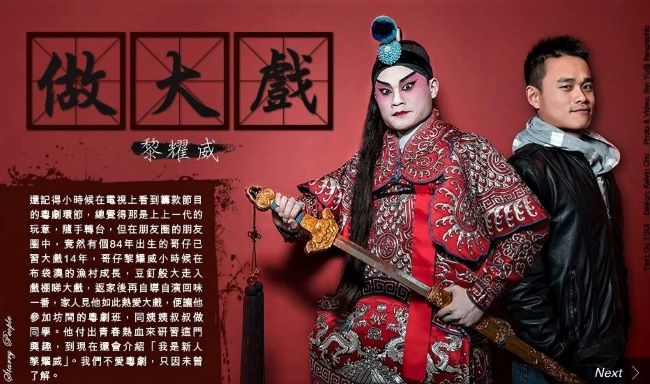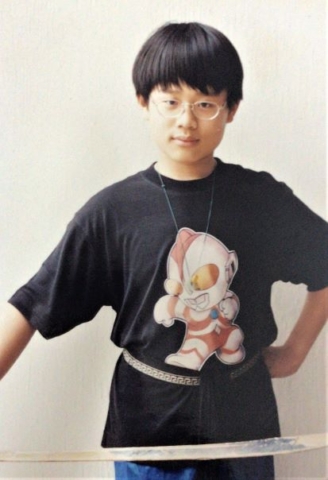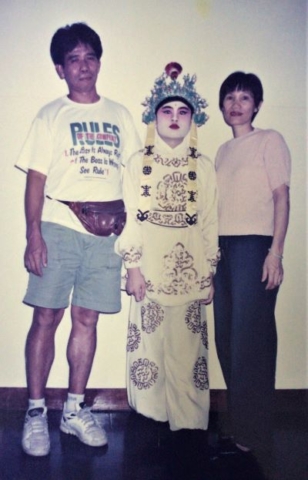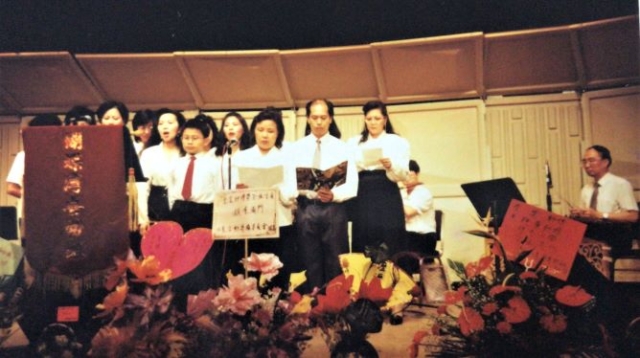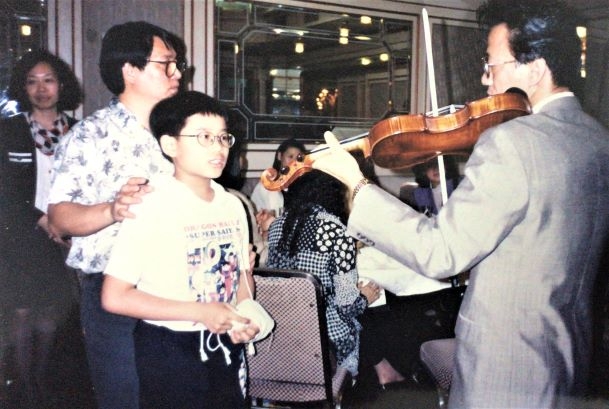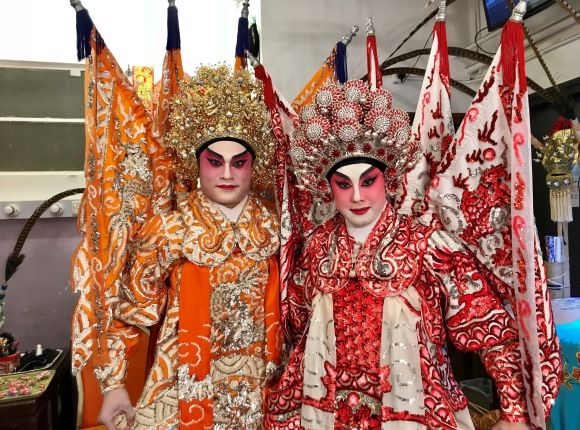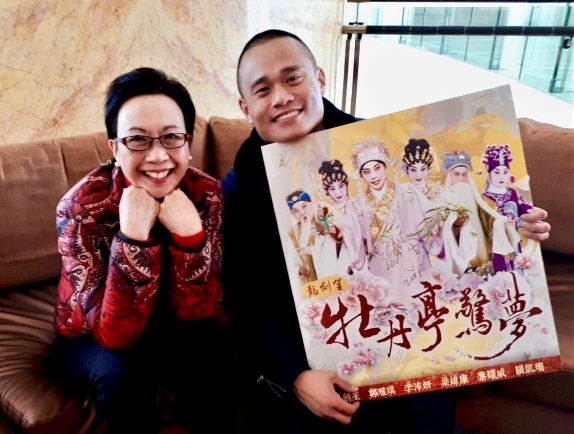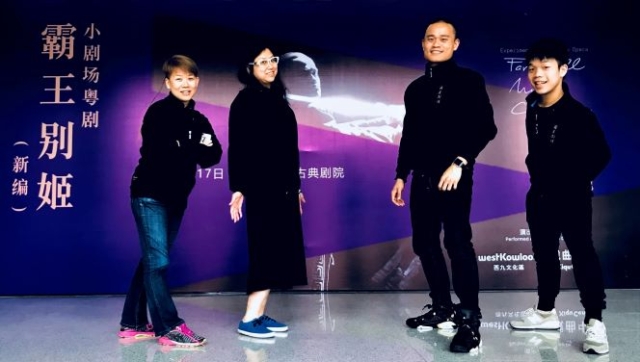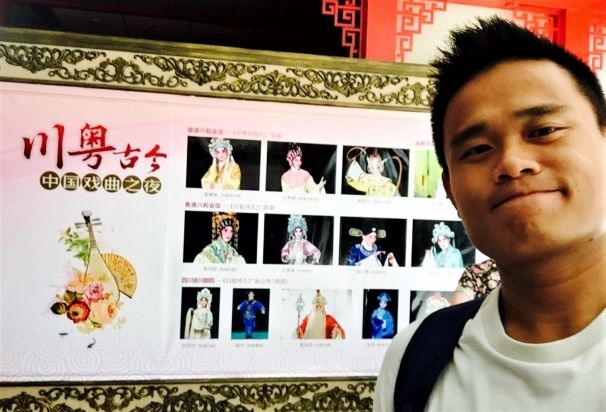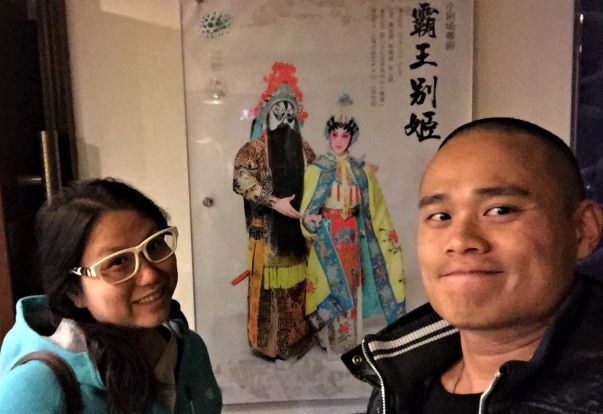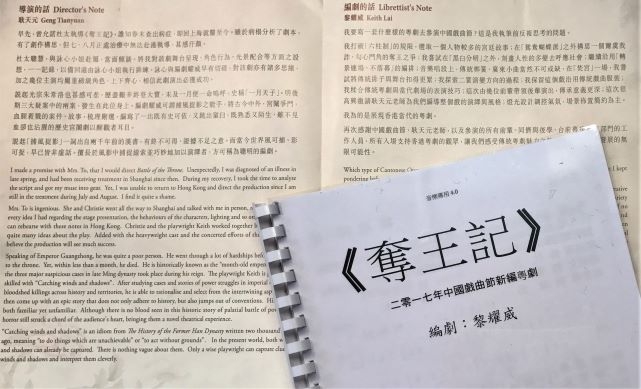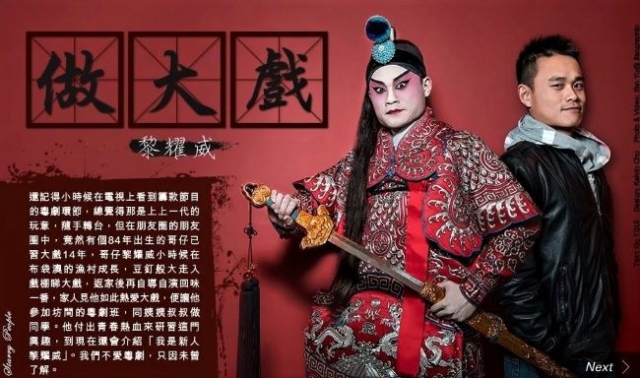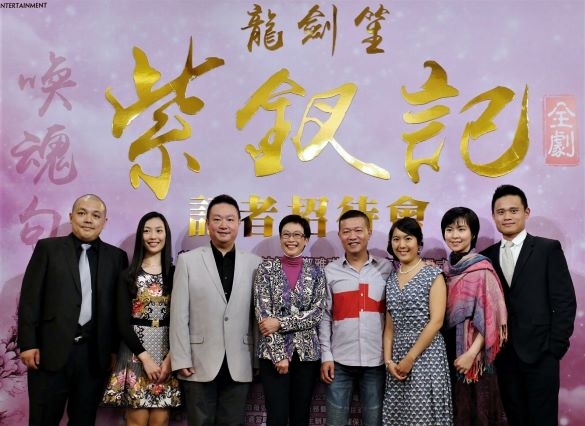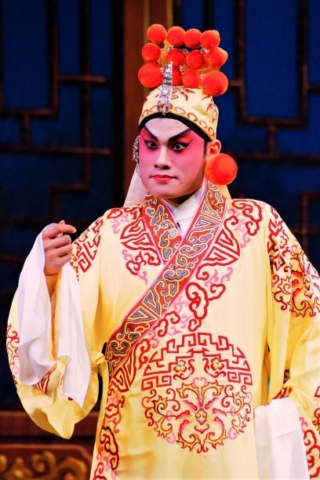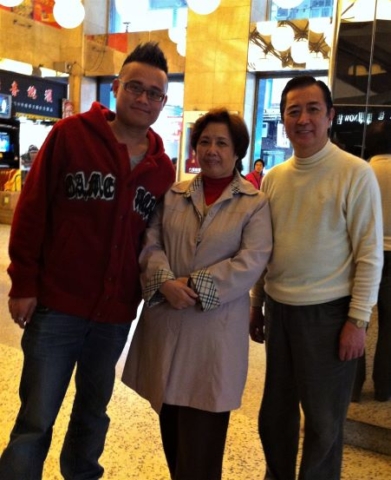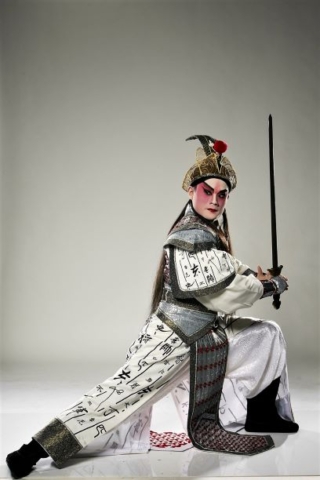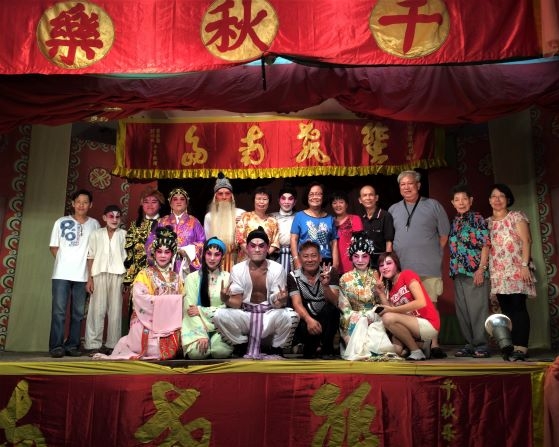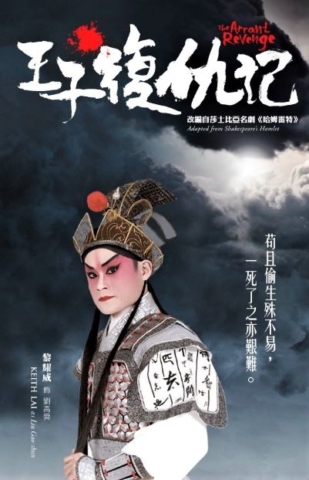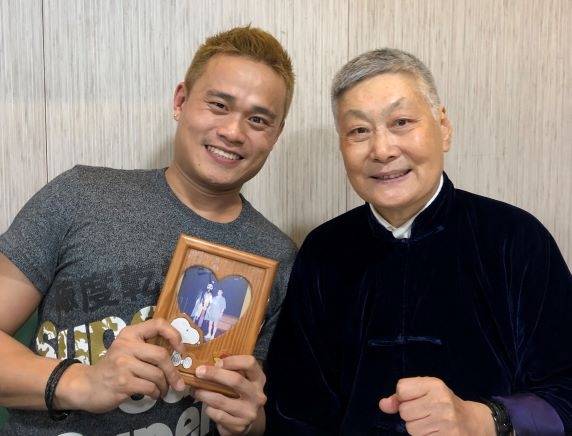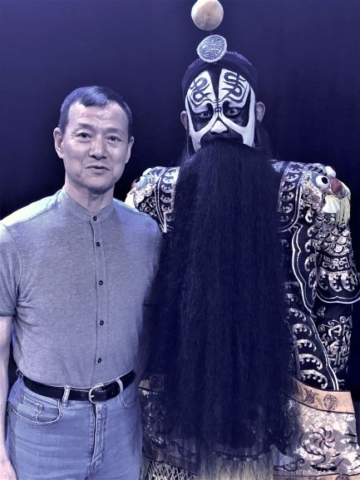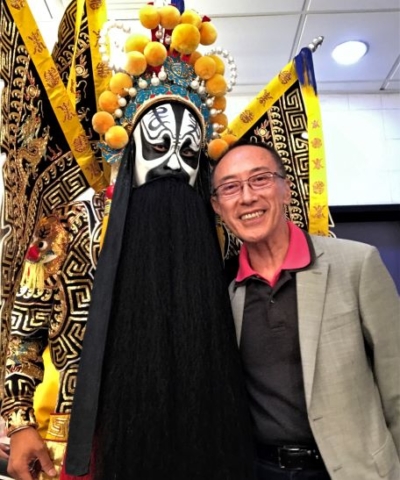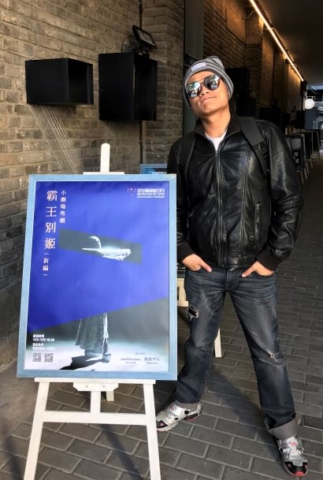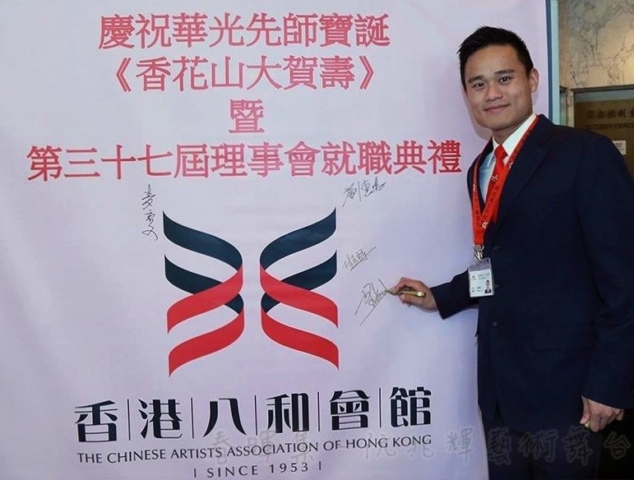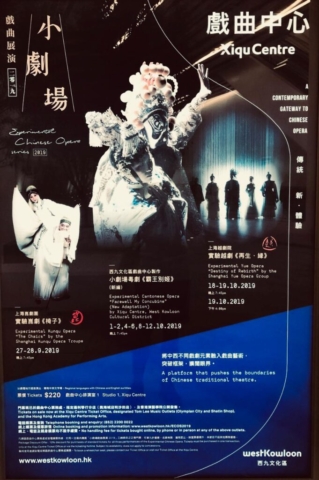22-10-19
Why do we change a performing art form? There may be 4 reasons.
Some believe that the test of a top artist lies in the excellence of the work that he produces. Change from a to b by an artist can mean artistic excellence.
When an art form is declining and very little appetite for the efforts of an artist is sensed, it may be a time to reform so as to save the market.
Boredom is sometimes the imagination driving an artist to change. Doing the same thing over and over again may force one to try a host of possibilities to do something new.
If an art form, especially the traditional ones, does not want to be eliminated, it must reform round the clock and be updated to remove the outmoding elements.
The history of Cantonese opera(粵劇) in Hong Kong can be traced to 1800s. It still survives today. There are plentiful theatre seats in Hong Kong, except also a lot of scarcity of young audience. Youngsters do not like this art form for a number of reasons such as the shows being almost 4 hours long. Many young men despise tradition. They hate it so that they want to feel different and young.
Lai Yiu Wai, Keith is a young Cantonese opera performer in his thirties. At the age of 5, he was taken by his mother to watch Cantonese opera. The art form interested him so much that ever since he was in primary school, he had taken many related courses. After turning 16, Lai became a part-time Cantonese opera actor. In spite of his study in City University of Hong Kong, he did not quit acting. After graduation, he however quitted arguing with himself and became a full-time professional actor. Lai now takes Cantonese opera so seriously that a great ship is asking for deep waters. How to improve an art form and attract more young audience is at all times a challenging question that he puts forward to himself. He said, “I am lucky. I performed when I was in my teens. I have been with the different genres of this performing art and I got many ideas on what can be improved. Ideas won’t keep. Something must be done about them. This is why I started to do script writing and direct. I also gathered a group of friends who share my values. We improve the art form slowly and gradually. We treasure the old ways but see the need for new ways. Every movement of art has to be prudent but does require a brave fringe.”
Lai explained, “I want to stress 2 balances: end and means as well as old & new. Whatever reforms that some may put into Cantonese opera such as adding a dance scene or playing a new music instrument are only the means, not an end. The means is just a way to get more audience especially the young. However, we cannot stop here. Increased popularity is not conclusively indicative of a success. Our desired end must be twofold: after the ‘surgery’, is Cantonese opera still our known form of great art? Secondly, do the ‘reforms’ make Cantonese opera artistically better? So, I must say taking away the traditional Chinese percussion instrument Gong( 鑼) from the music is very bad because it will deform the opera’s original face and make it no longer recognizable! On the other hand, lowering the sound volume of Drum(鼓) is very good because it does make the music more enjoyable in a theatre environment. Popularizing Cantonese opera is not an end itself, but only a means among others.”
I asked, “Could you elaborate the ‘old and new’ point?” Lai said, “Cantonese opera in China is 1,000 years old. Most are love stories of the old world with a moral theme. They are like a collection of vintage wines mixed with charm and glamour. Preservation of this old culture does not require contempt or disrespect for it at the start. We shall not discard all old elements. So, we shall strike a right balance between the new and old. I once changed Shakespeare’s Hamlet into a Cantonese opera and I do think it was the right balance. Some tried to remove the glitter ornaments commonly found on the hairstyles of a female character in Cantonese opera. This is too much and undesirable. Such striking and unique ornaments are the essential charms of this art form.”
The latest attempt of Lai Yiu Wai was to convert a Cantonese opera into a ‘black box’ experimental project. The opera is called Farewell My Concubine: a regional king who battled for the unification of China but faced a total defeat. His loved concubine Consort Yu committed suicide so that the king could flee freely without her.
Keith is still a wonderful and courageous kid living in a stage world that is full of beauty, love and adventure. There is no end to his Cantonese opera trials. We cannot help him but just sit down with our eyes open—surely to be amazed. When you love art, do set it free.
This article can also be found at the following sites:



